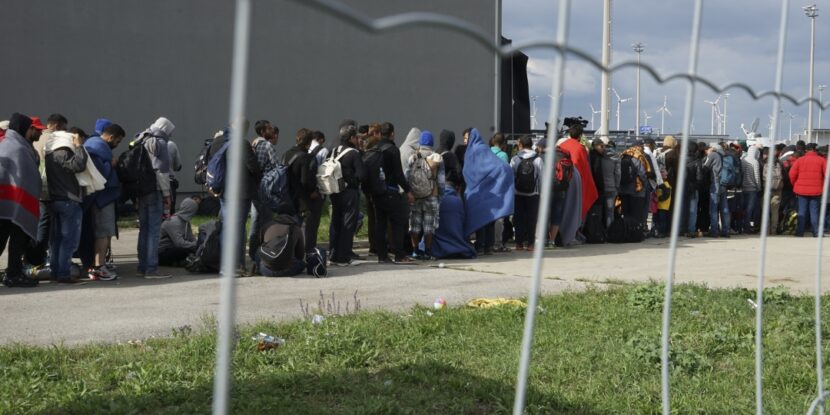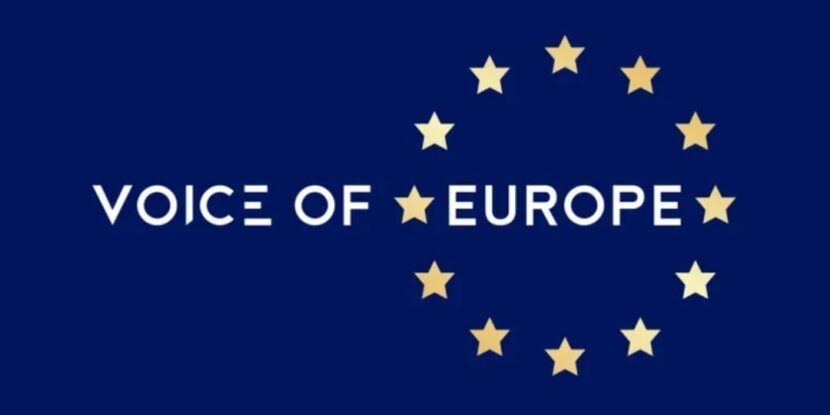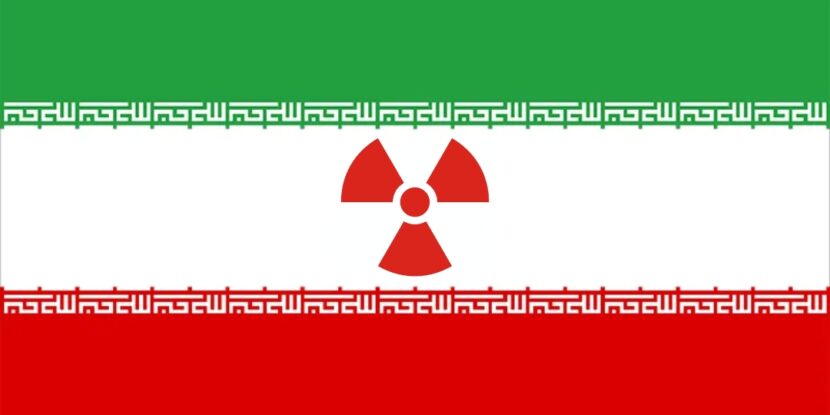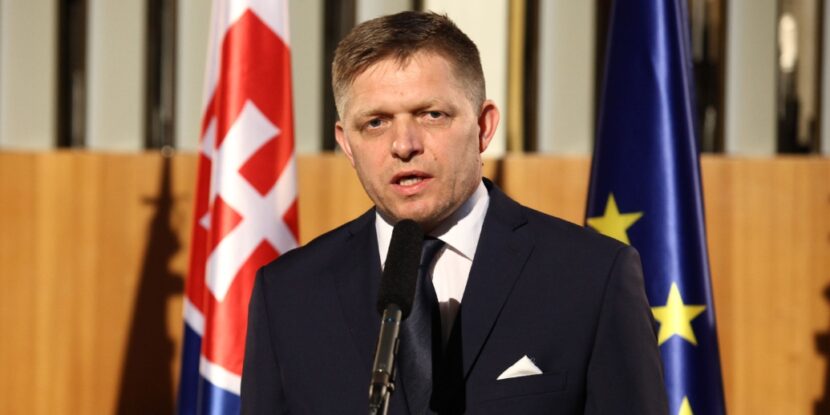The City of Edmonton is introducing “15-minute city” zoning, associated with World Economic Forum (WEF) proposals to limit private citizens’ movements to relatively small districts, supposedly in order to tackle climate change.
The city in Alberta, Canada, plans to introduce 15 new districts, with zoning rules allowing high-density housing mixed with commercial and other non-residential premises. The supposed intent of the plan is to provide more accommodation in Edmonton, which is experiencing rapid population growth due to mass migration, and to provide residents with more bicycle paths and other amenities so they do not have to travel more than 15 minutes to meet their needs.
“We are building a cohesive city with opportunities for local living,” claims Mayor Amarjeet Sohi, a former Cabinet member and Indian immigrant.
ULTERIOR MOTIVES.
However, many Edmontonians believe the scheme is really about restricting their movements to meet climate objectives — 15-minute cities are mentioned multiple times in the city’s Carbon Budget — and will involve coercive measures.
“My understanding is this means I will need to stay within my district to meet all my needs so that the city can meet its climate plan objectives,” complained one resident during a consultation hearing on the plan.
“I think people really need to understand what they’re speaking on,” complained Councillor Keren Tang. “I think unfortunately, a lot of the district planning in particular has been derailed by 15-minute city conspiracy, World Economic Forum, etc. At the end of the day, this is about land use.”
However, 15-minute city plans in England are reinforced with measures such as low-emissions zones, which do not restrict residents’ movements, strictly speaking, but force them to pay surcharges for driving through certain areas or over certain distances, or face hefty fines.
Drivers in London and Oxford are required to apply for permits to authorize certain movements without incurring charges. Brexit leader Nigel Farage has warned the measures are a precursor to imposing “climate lockdowns.”
show lessBREAKING:
Edmonton, Canada, has begun the process of becoming a 15-Minute City.
Eventually, you can bet that travel will be restricted. Daily needs will be within a 15-minute walk. And of course Big Brother will be watching.
Paying attention yet?
🚨🚨🚨 pic.twitter.com/ujo8O0Sl7b
— Wall Street Silver (@WallStreetSilv) May 29, 2024











